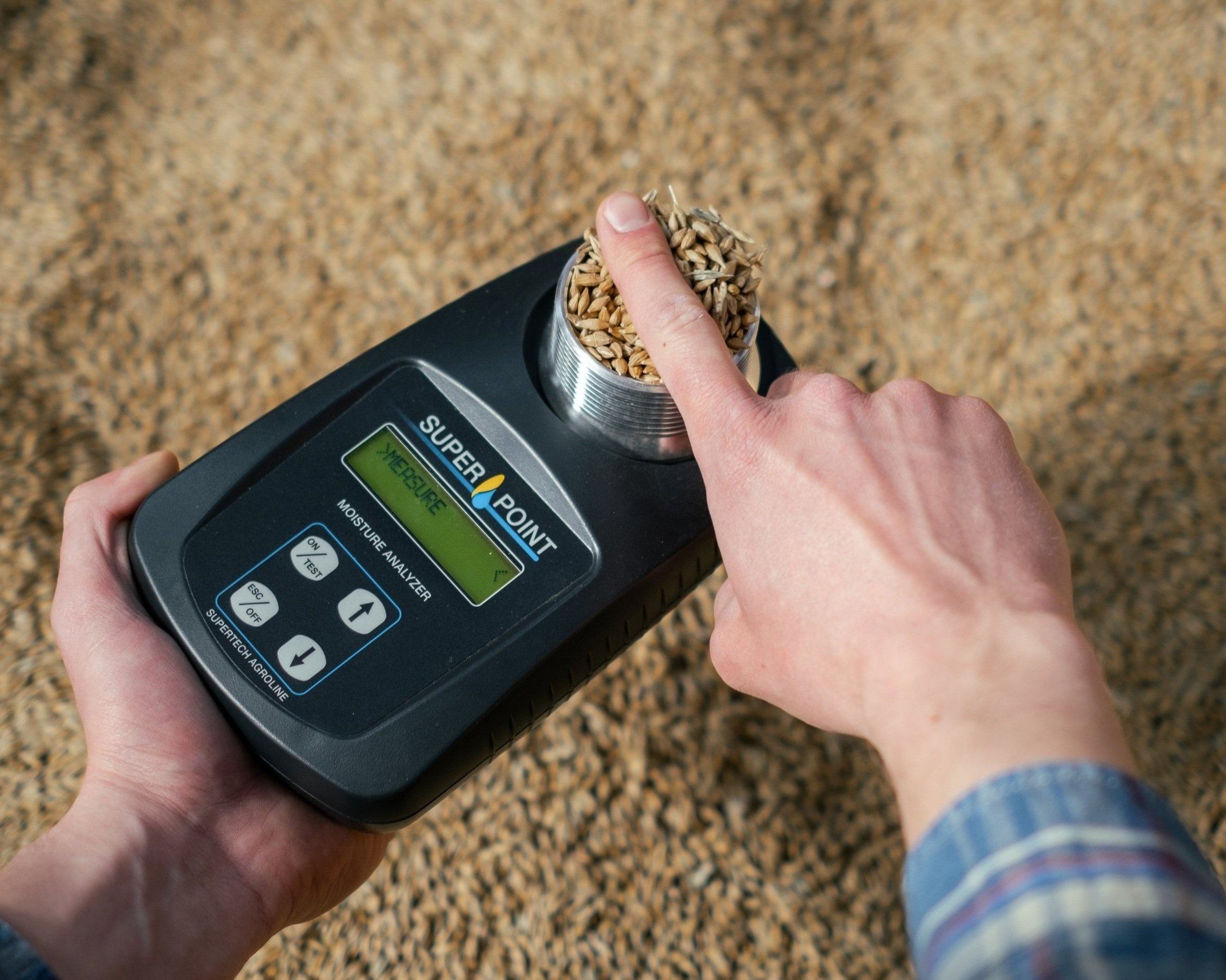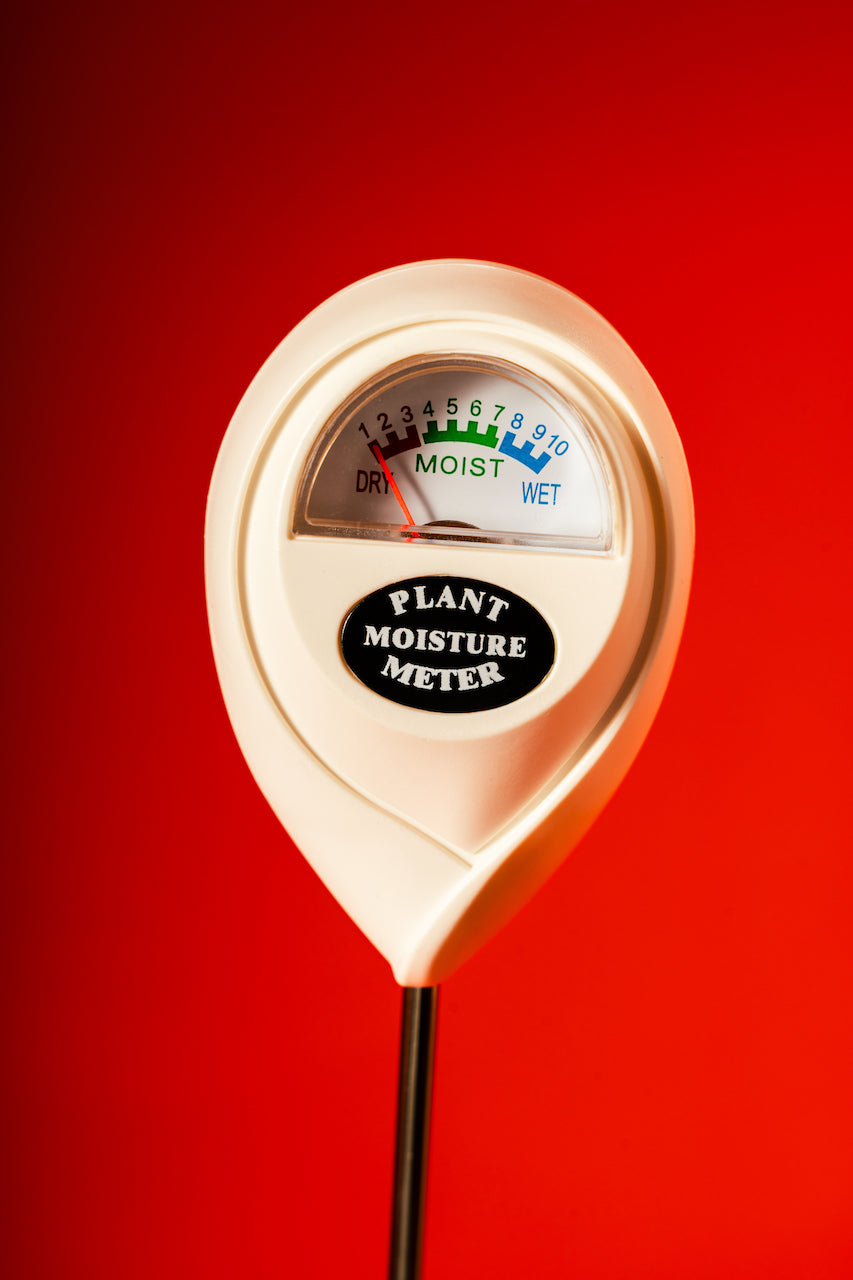Just How a Moisture Meter Can Improve Your Construction Jobs and Stop Damages
The Ultimate Guide to Moisture Meters: A Comprehensive Summary and How They Can Save You Cash
In the realm of structure maintenance, building, and various industries, the relevance of precisely determining moisture degrees can not be overemphasized. Moisture meters work as crucial devices in finding and keeping an eye on moisture material in products, helping in preventing costly problems and guaranteeing the top quality of items. Understanding the nuances of different sorts of wetness meters, their applications, and the possible cost-saving benefits they offer can be a game-changer for professionals and organizations alike. Finding just how these gadgets can not just improve procedures however also add to financial savings is a journey worth starting.
Kinds Of Moisture Meters
Different types of wetness meters are offered for various applications in numerous markets. One typical kind is the pin-type moisture meter, which gauges the electrical resistance between 2 pins inserted into a material. This kind appropriates for wood, drywall, and various other structure materials. Pinless dampness meters, on the other hand, use electro-magnetic sensor plates to check a bigger area without triggering damages to the material's surface. These meters are excellent for rapidly analyzing wetness levels in large locations such as floorings and wall surfaces.
Infrared dampness meters determine the thermal residential or commercial properties of a product to establish its dampness material non-invasively, making them helpful for applications where pin or pinless meters may not be suitable. Understanding the different types of dampness meters offered can aid industries choose the most ideal device for their particular moisture dimension requirements.

Benefits of Utilizing Moisture Meters

Furthermore, using wetness meters can cause boosted power performance. By recognizing areas with high moisture levels, such as leaks or poor insulation, modifications can be made to enhance power preservation and minimize energy costs. In agricultural settings, moisture meters play an important function in enhancing crop returns by making it possible for farmers to check dirt dampness degrees and make educated watering choices. On the whole, the advantages of making use of wetness meters cover across various markets, offering economical services and promoting better quality assurance practices.
Just How to Choose the Right Moisture Meter
Selecting the appropriate dampness meter includes considering vital variables such as material compatibility, dimension variety, and calibration accuracy. When picking a wetness meter, it's necessary to ensure that the meter appropriates for the certain material you will certainly be testing. Various materials have differing electrical homes that can influence wetness analyses, so choosing a meter made for your material is crucial for precise outcomes. Furthermore, take into consideration the measurement variety of the wetness meter. Ensure that the meter can find wetness degrees within the array required see this website for your applications. Calibration precision is another important factor to bear in mind (Moisture Meter). Choose a wetness meter with trustworthy calibration to guarantee constant and specific readings. Some meters may need regular calibration changes, so recognizing the calibration procedure is necessary. By very carefully reviewing these factors, you can choose a wetness meter that fulfills your requirements and offers exact wetness dimensions for your projects.
Correct Strategies for Moisture Meter Usage
To make sure precise moisture analyses and make best use of the effectiveness of a dampness meter, using appropriate methods is important. When utilizing a pin-type moisture meter, place the pins or probes into the product being tested until they make full call. By adhering to these appropriate strategies, customers can count on their dampness meter to supply trustworthy dampness levels, helping in avoiding expensive damages or making certain top quality in different applications.

Cost Cost Savings Through Moisture Meter Applications
How can the strategic use of dampness meters lead to considerable cost financial savings across different sectors? In the farming market, wetness meters help Resources in figuring out the ideal time for collecting crops, protecting against over-drying or excess moisture that can impact the final product's quality.

Additionally, in the food handling sector, dampness meters are vital for checking product high quality and guaranteeing conformity with security laws. By precisely measuring wetness content in foodstuff, suppliers can protect against wasting, keep quality, and reduce waste, resulting in considerable expense financial savings. On the whole, the tactical application of moisture meters is a beneficial investment that can cause significant cost reductions and enhanced effectiveness throughout various sectors.
Conclusion
In conclusion, wetness have a peek at this website meters are useful tools for determining and spotting moisture degrees in various materials. By using the right moisture meter and following proper methods, individuals can successfully avoid expensive problems caused by excess wetness.
Dampness meters offer as important tools in identifying and checking moisture material in materials, helping in avoiding expensive problems and guaranteeing the top quality of products. Infrared moisture meters measure the thermal buildings of a product to establish its moisture content non-invasively, making them helpful for applications where pin or pinless meters may not be appropriate.Wetness meters use very useful benefits in properly keeping an eye on and examining wetness degrees in diverse materials and environments. In agricultural setups, dampness meters play a critical duty in maximizing plant yields by allowing farmers to keep track of soil dampness degrees and make notified irrigation decisions.In verdict, dampness meters are useful tools for spotting and measuring dampness levels in various products.